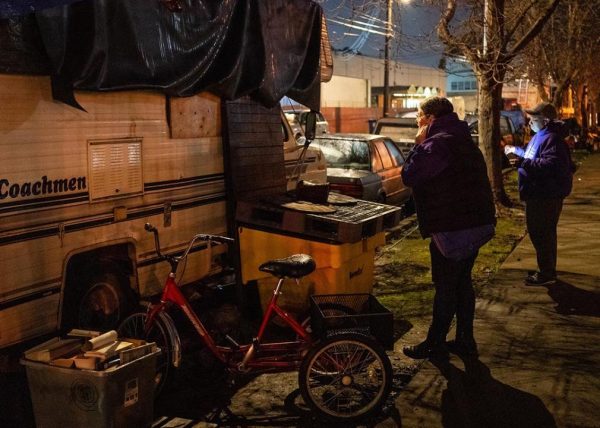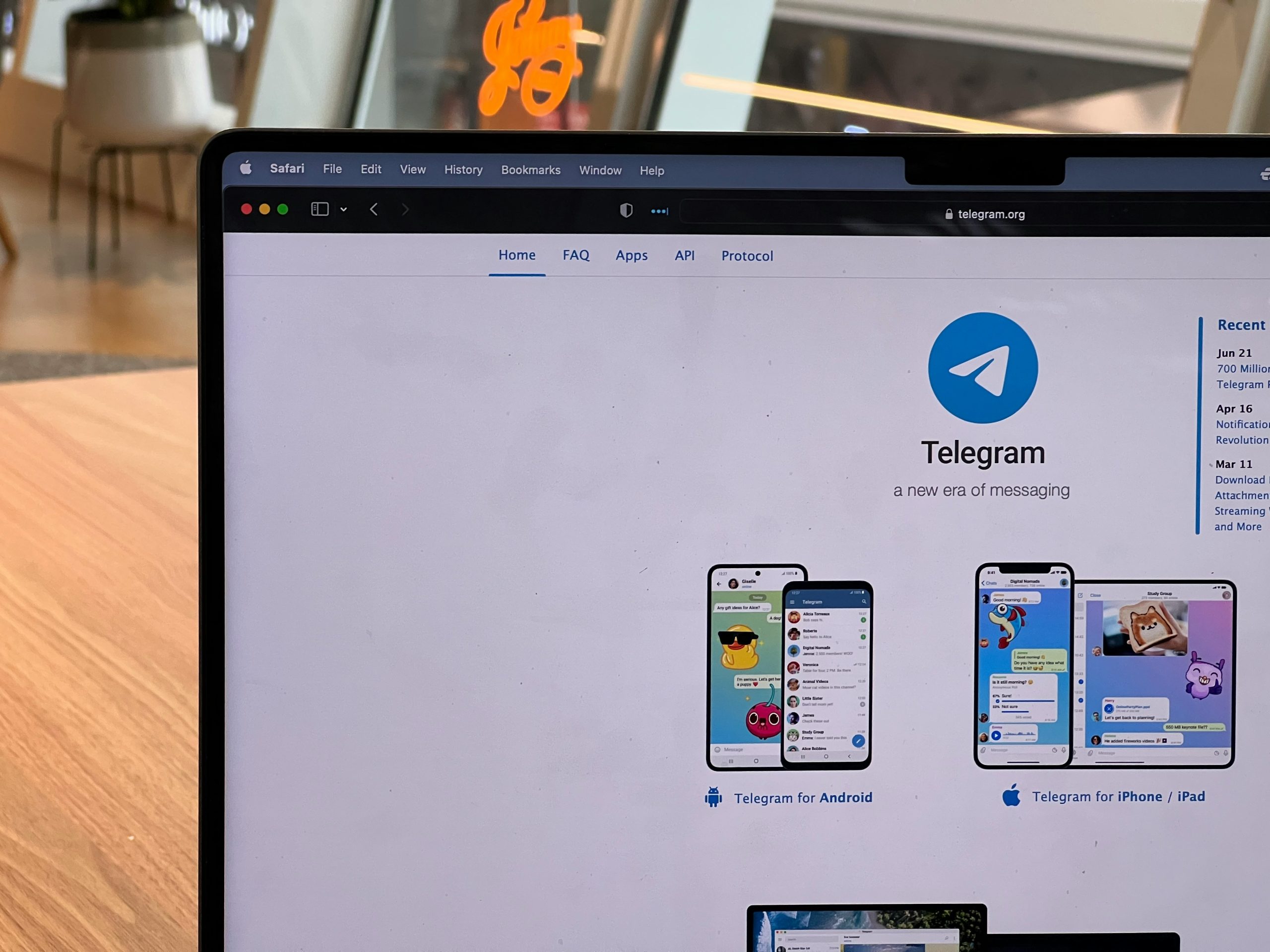The Los Angeles County Board of Supervisors voted 3-1 Tuesday to support Proposition 33, an initiative California voters will consider in November that aims to expand rent control.
Prop 33 would repeal rent-control exemptions established by a 1995 state law and enable local governments to enact rent stabilization laws.
Supervisor Kathryn Barger voted no, and Supervisor Holly Mitchell abstained.
“My ‘no’ vote is a reflection of my unwavering belief that adding more rent control policies ultimately harms housing markets and communities in the long-term,” Barger said in a statement. “Rent control can discourage landlords from maintaining or investing in their properties, leading to a decline in the overall quality of housing. It can even drive some property owners to withdraw their units from the rental market, which will make our housing shortage worse.”
As an alternative to rent control, Barger called for “strategies that address the root causes of the housing crisis” with an emphasis county housing policies “that promote affordability, increase supply, and ensure a fair market for everyone. One-sided policies like this one miss the mark,” she said.
Supervisors Hilda Solis and Lindsey Horvath introduced the pro-Prop 33 motion, which noted that more than half of LA County residents are renters, 59% of whom are cost-burdened.
“Californians are overly rent burdened,” according to the motion, which cited data showing rental housing in the Golden State typically costs 50% more than in other states. According to the Public Policy Institute of California, in 2022, 30% of the state’s renters paid more than half of their income to landlords.
“With Angelenos paying the bulk of their income on housing, they are cutting back on other essentials including food, clothing, medical, and transportation costs,” the motion states. “To protect tenants from unaffordable rent increases, many local jurisdictions enact rent stabilization policies, which limit the amount that a landlord can raise the rent each year.”
The motion also said the state’s 1995 Costa-Hawkins Act limits rent control ordinances at the local level by exempting single-family homes, condominiums and housing built after February 1995.
If passed, Prop 33 would allow local jurisdictions to “protect tenants by making rent more affordable and predictable,” according to the motion.
Initiative supporters from the YesOn33.org coalition attended the board meeting in support of the motion, according to published reports. Some public hearing attendees included West Covina Mayor Brian Tabatabai, former Santa Monica Mayor Sue Himmelrich, members of the Santa Monica Rent Board, UNITE Here Local 11 union members and other individual county residents.
In a letter to the board, county resident William Kelleher wrote, “The people who live in the jurisdiction of their local gov ought to be able to decide for themselves what sort of rent and eviction regulations they want for their community. Prop 33 will … repeal Costa-Hawkins, which denies folks that Right of self-determination.”
The Southern California Rental Housing Association has publicly opposed the proposition.
“For those who have owned their properties for many years, rents are often 30% to 40% below market for long-term renters,” according to the association. “Under vacancy control, owners who are renting below market may never catch up.”
Association members said landlords’ “income and property value will decline” if voters enact Prop 33, adding that landlords who rent units at rates below market averages “may never catch up because the initiative allows local jurisdictions to ‘cap’ how much (property owners) may increase rent following a vacancy.”
Prop 33 will be on the Nov. 5 ballot along with the presidential election and a number of elected offices at all levels of government.
Updated Sept. 26, 2024, 11:05 a.m.







